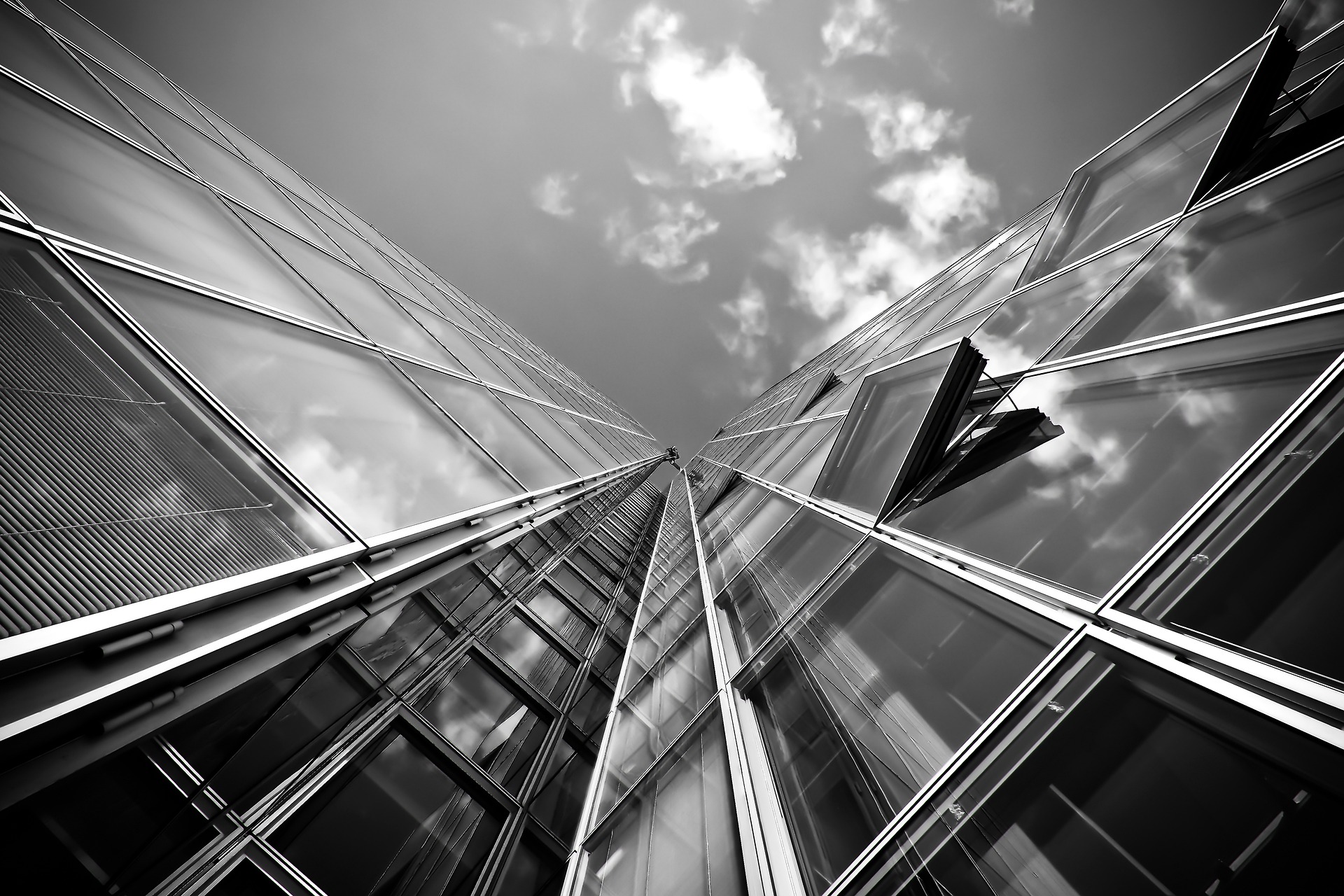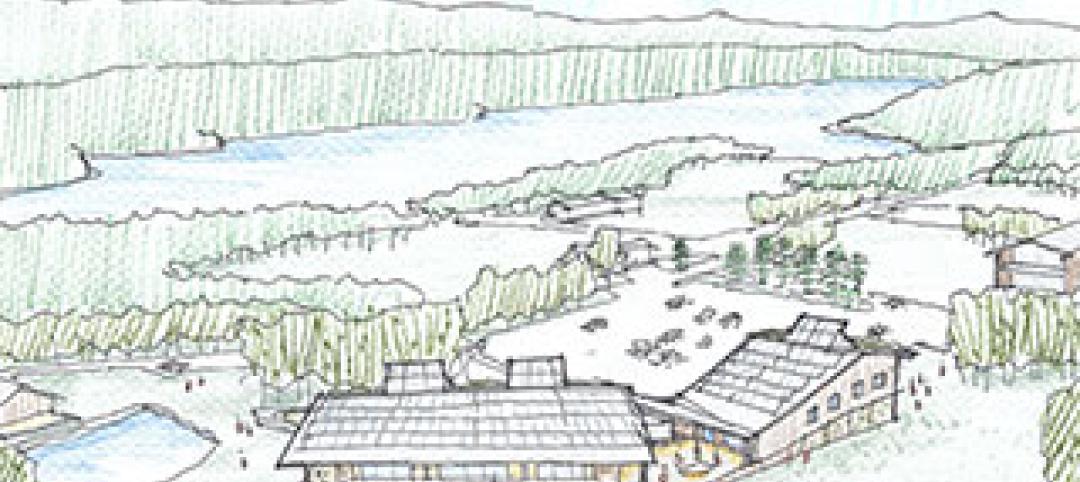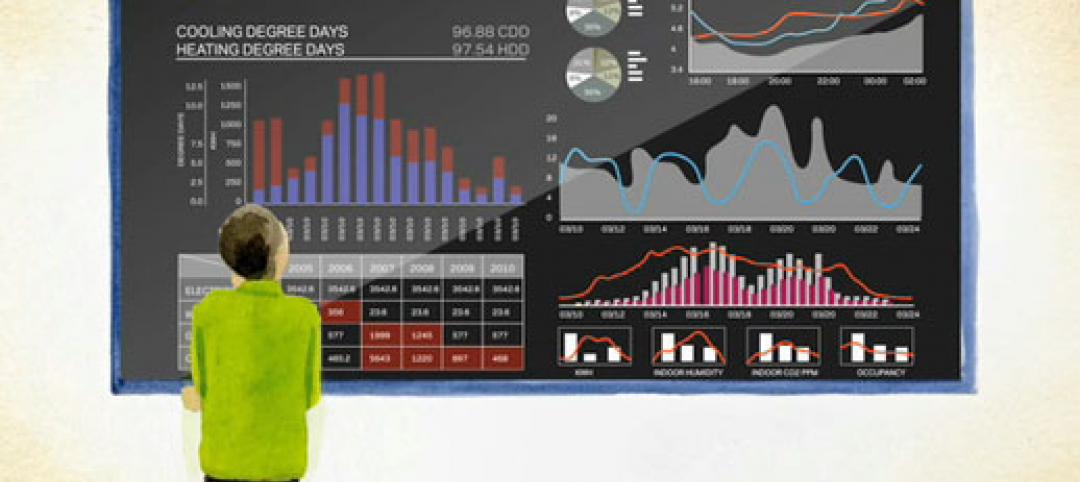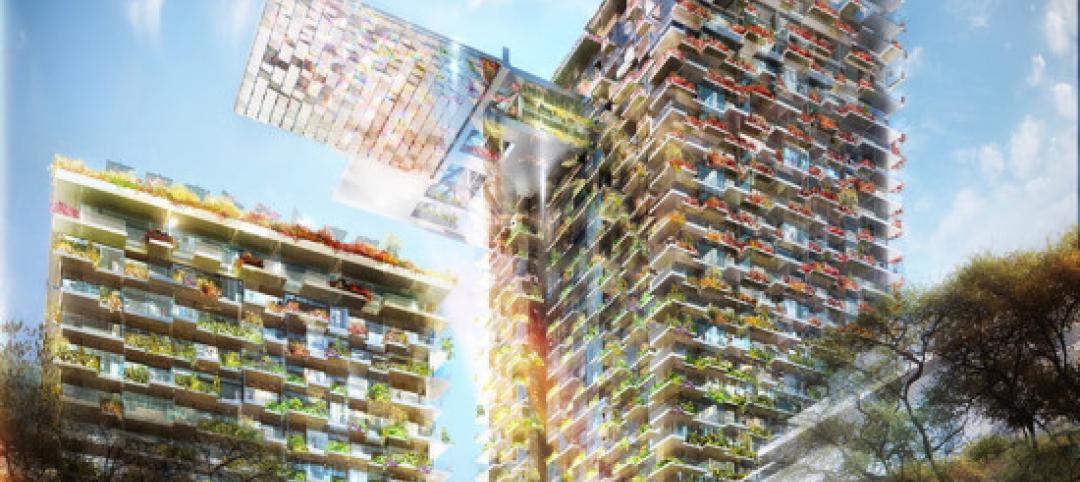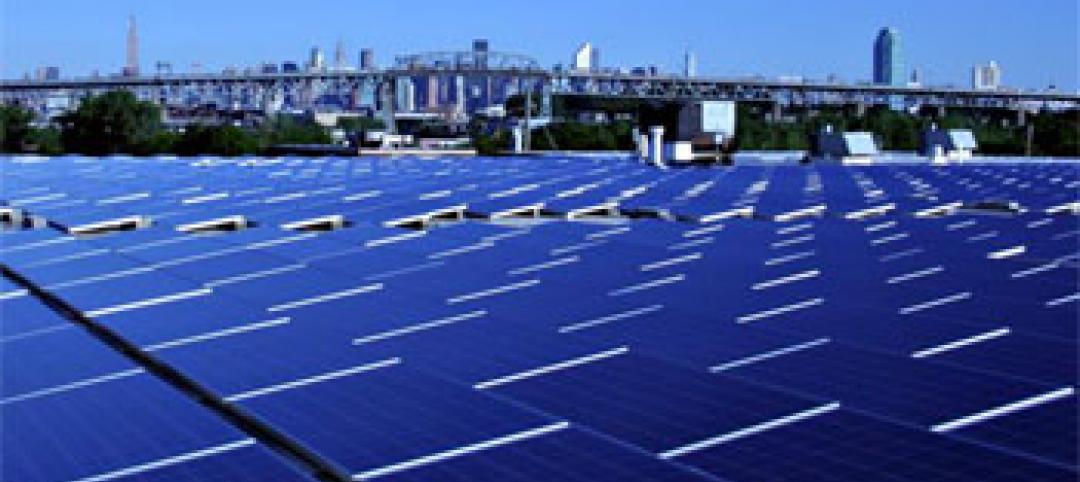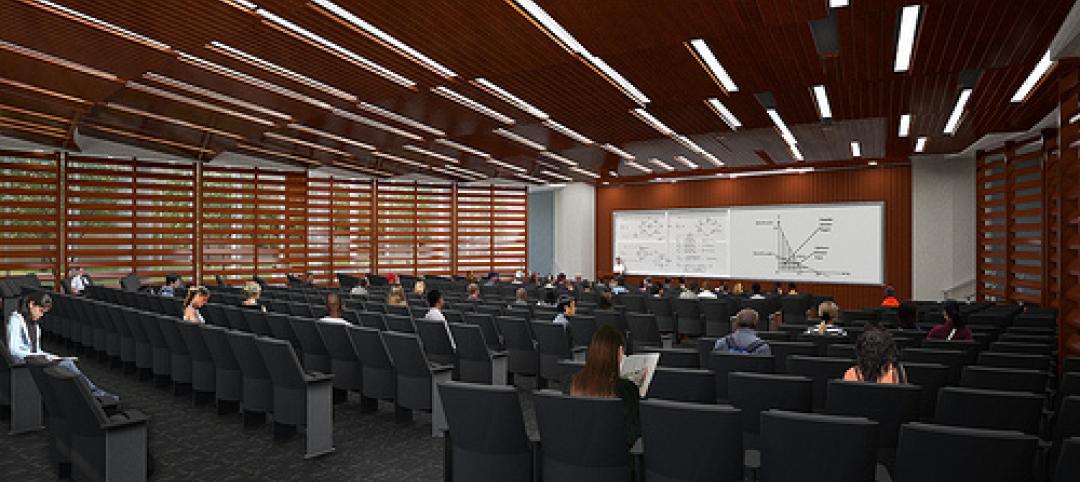The Department of Energy released a Request for Information (RFI) for feedback from industry, academia, research laboratories, government agencies, and other stakeholders on a draft national definition for a Zero Emissions Building.
Responses will help serve as a clear market signal and consistent target, backed by measurable data, that is intended to help move the building sector to zero emissions, according to a statement from DOE. Developing a broadly accepted common definition of a zero emissions building, as well as a pathway for verification, is foundational to transition the building sector to zero emissions, the statement says.
The definition will act as a framework, offering designers and builders multiple pathways to influence the design and operation of buildings to reduce building sector emissions. Almost 30% of U.S. GHG emissions are from operating buildings, with 13% of U.S. GHG emissions from direct burning of fossil fuels within buildings.
Buildings contribute an even higher percentage of U.S. GHG emissions when factoring in emissions from construction materials and refrigerants. Part 1 of the definition will focus on zero operating emissions. Future parts of this definition will likely include embodied carbon, refrigerants, and other key elements.
As is proposed currently, the definition of a zero operating emissions building is one that is:
- Highly energy efficient
- Free of on-site emissions from energy use
- Powered solely from clean energy
Part 1 of the draft definition in full, which includes details on the criteria above, is available at: https://www.energy.gov/eere/buildings/national-definition-zero-emissions-building.
Responses to this RFI must be submitted electronically to https://forms.office.com/g/Y0Ss3UFdL3, no later than 5:00 pm (ET) on Feb. 5, 2024.
Related Stories
| Oct 14, 2013
Computer simulation aids design of Vermont ski area net-zero lodge and fitness center
The Craftsbury (Vermont) Outdoor Center has broken ground on a new activity lodge and fitness center. An energy modeling computer simulation was used to optimize solar orientation, insulation values, and the form of the building.
| Oct 10, 2013
Carnegie Mellon study looks at impact of dashboards on energy consumption
A recent study by Carnegie Mellon took a look at the impact of providing feedback in an energy dashboard form to workers and studying how it impacted overall energy consumption.
| Oct 7, 2013
Geothermal system, energy-efficient elevator are key elements in first net-zero public high school in Rhode Island
The school will employ a geothermal system to heat and cool a portion of the building. Other energy-saving measures will include LED lighting, room occupancy sensors, and an energy-efficient elevator.
| Oct 4, 2013
Sydney to get world's tallest 'living' façade
The One Central Park Tower development consists of two, 380-foot-tall towers covered in a series of living walls and vertical gardens that will extend the full height of the buildings.
| Sep 30, 2013
Smart building systems key to new Wisconsin general aviation terminal’s net zero target
The Outagamie County Regional Airport’s new 8,000 sf general aviation terminal was designed to achieve net zero.
| Sep 26, 2013
Sheep's wool insulation, bio-brick among Cradle to Cradle product innovation finalists
Ten finalists are competing for $250,000 in prizes from the Cradle to Cradle Products Innovation Institute and Make It Right.
| Sep 24, 2013
8 grand green roofs (and walls)
A dramatic interior green wall at Drexel University and a massive, 4.4-acre vegetated roof at the Kauffman Performing Arts Center in Kansas City are among the projects honored in the 2013 Green Roof and Wall Awards of Excellence.
| Sep 23, 2013
After retrofit and PV array project, N.Y. beverage distributor gets to net-zero
Queens, N.Y.-based beverage distributor Big Geyser’s energy efficiency retrofit project and rooftop solar array installation have positioned the company’s facility to achieve net-zero power.
| Sep 19, 2013
What we can learn from the world’s greenest buildings
Renowned green building author, Jerry Yudelson, offers five valuable lessons for designers, contractors, and building owners, based on a study of 55 high-performance projects from around the world.
| Sep 16, 2013
Passive solar, enhanced envelope crucial to Univ. of Illinois net-zero project
Passive solar strategies and an enhanced envelope are keys to achieving net-zero on the new 230,000 sf Department of Electrical and Computer Engineering building at the University of Illinois at Urbana-Champaign.


